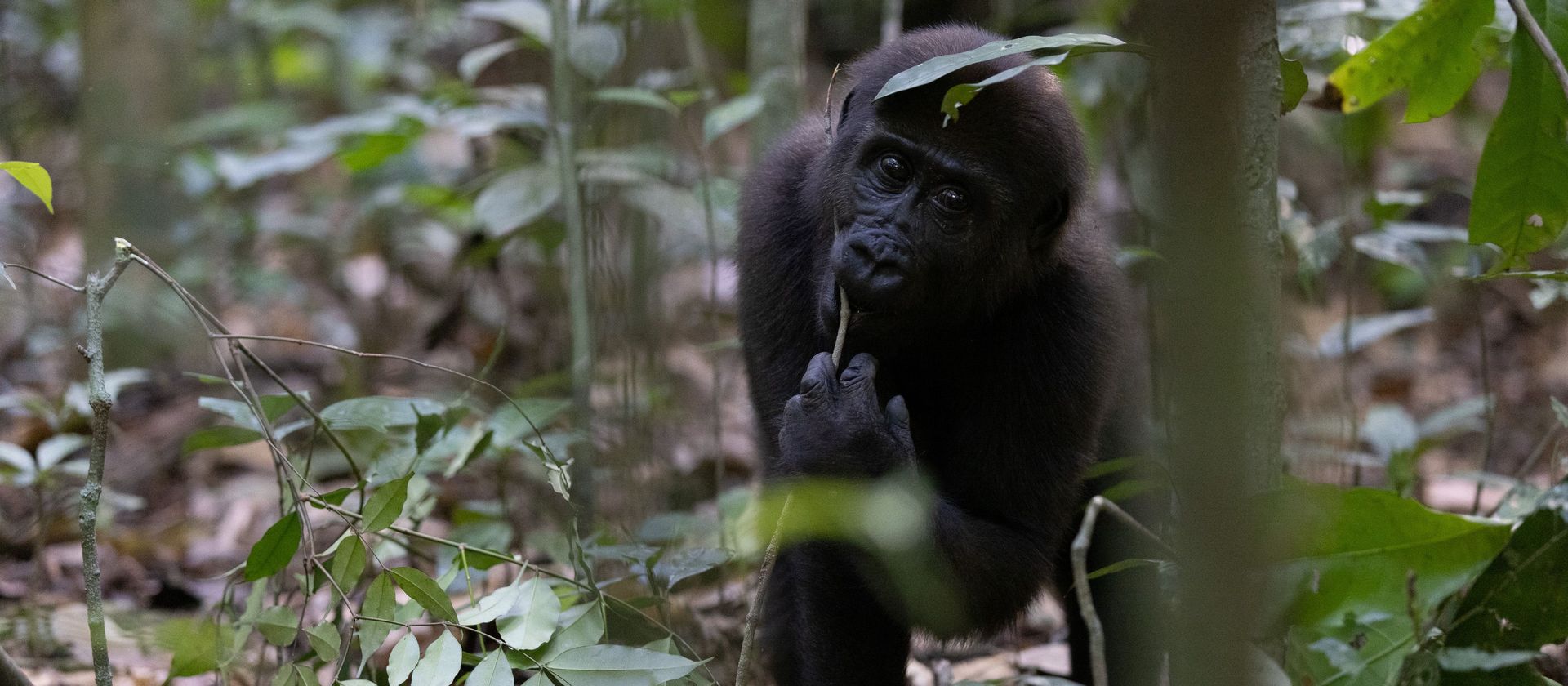
Ecology and Emergence of Zoonotic Diseases
Prof Dr Fabian Leendertz
Favored by climate change, globalization and increasing intrusion of humans into animal habitats, contact between humans and animals is becoming more frequent. The risk of emerging zoonoses - and thus also of pandemics - iIs increasing. Our research aims to understand the occurrence and ecology of such zoonoses.
Our Research
The Department of Ecology and Emergence of Zoonotic Diseases addresses the interfaces between humans, animals, and the environment, including climate, and explores the processes that facilitate the emergence of disease.
Based on data and samples from systematic long-term One Health Surveillance (coordinated by HIOH’s OHS Core Unit) and focusing on regions with frequent human-animal contacts, we study the transmission of clinically relevant pathogens as well as the ecological and socio-ecological conditions leading to human-animal contacts and transmission events. We do not focus on specific pathogens, but investigate the background of actually occurring infectious diseases.
Pathogens with zoonotic potential, which are identified in our screenings in sentinel regions, are subjected to in-depth investigations for a comprehensive understanding of their ecology. This approach enabled us to detect many relevant pathogens over the past two decades, e.g., monkeypox virus, Ebola virus, Bacillus cereus bv anthracis (BCBVA), Mycobacterium leprae, Treponema pallidum, respiratory pathogens, as well as other globally important agents (e.g., coronaviruses, paramyxoviruses, and viruses causing encephalitis).
In addition, to identify pathogens potentially relevant to human health, we exploit the evolutionary proximity to wild apes. This has led, among other things, to the discovery of leprosy in wild chimpanzees, suggesting unknown environmental reservoirs; to the discovery of the anthrax pathogen BCBVA, which can cause massive mortality in wildlife populations; but also to serological evidence of frequent BCBVA exposure in surrounding human populations. Cases of monkeypox in wild chimpanzees have also been documented, in turn prompting investigations of previously unknown reservoir species.
Generally, these studies serve to enhance global pandemic preparedness and prevention by improving our understanding of fundamental mechanisms of disease emergence and transmission between humans, animals, and the environment. Moreover, they facilitate technology transfer to our partners in sub-Saharan Africa, thus decisively strengthening research and surveillance capacities in countries that urgently need such support.
In our department, research and teaching aim to instruct new generations of researchers on how to incorporate the integrative One Health approach into problem-solving. Graduate students as well as undergraduates have the opportunity to learn state-of-the-art methods and apply them to unique data sets to answer both fundamental and translational research questions.
Team members

Prof Dr Fabian Leendertz
Research Group Leader

Coch Tanguy Tanga
Guest Scientist

Gbohounou Fabrice Gnali
Guest Scientist

Nea Yves Noma
Guest Scientist

Thaïs Tombolomako
Guest Scientist

Ariane Düx
Scientist

Dr Livia Patrono
Scientist

Dr Lorenzo Lagostina
Scientist

Dr Kamilla Anna Pléh
Postdoc

Carme Riutord
PhD Student

Giovanna Miani
PhD Student

Harriet Herridge
PhD Student

Jasmin Schlotterbeck
PhD Student

Markus Ulrich
PhD Student

Moritz Jochum
PhD Student

Simon Krückemeier
PhD Student

Tobias Gräßle
PhD Student

Yanthe Nobel
PhD Student

Aline Maksimov
Technical Assistant

Angelika Kliesch
Technical Assistant

Laura Lux
Technical Assistant

Henry James Heinrich
Student Assistant

Sara Khosravipour
Student Assistant
